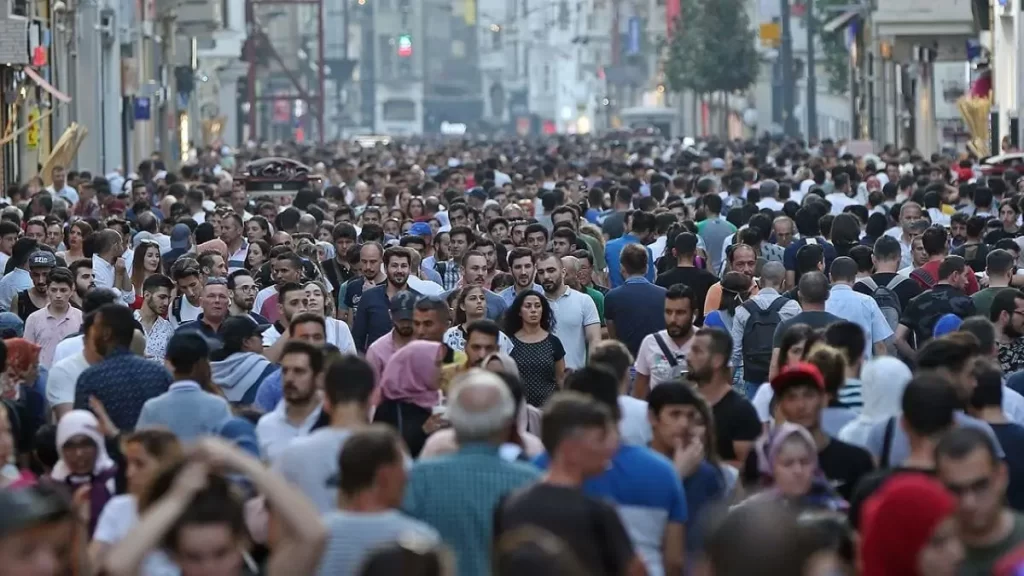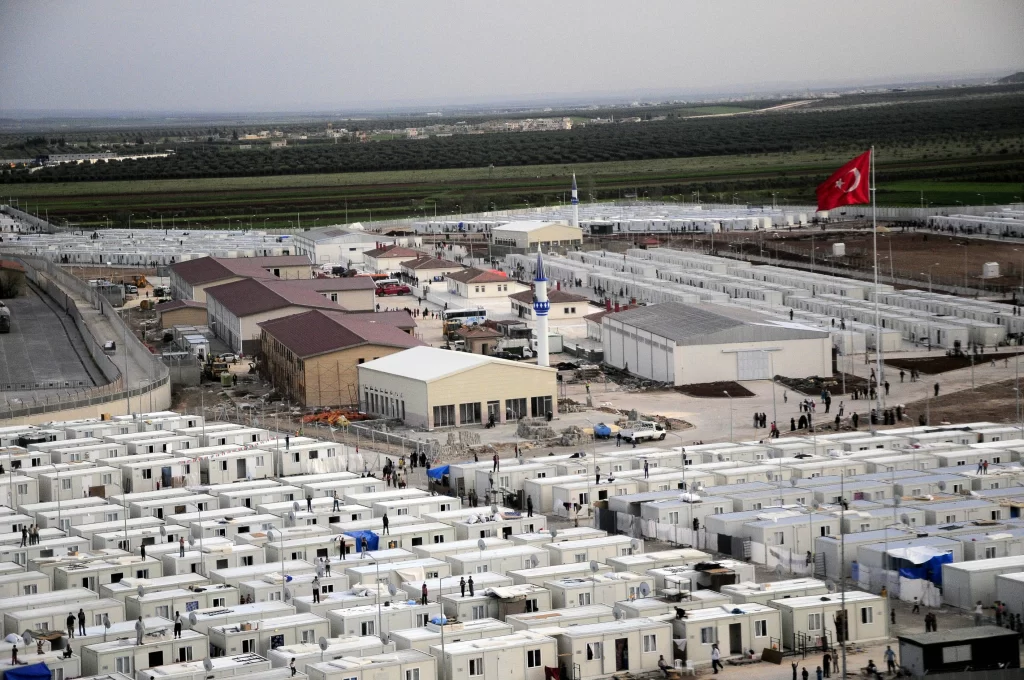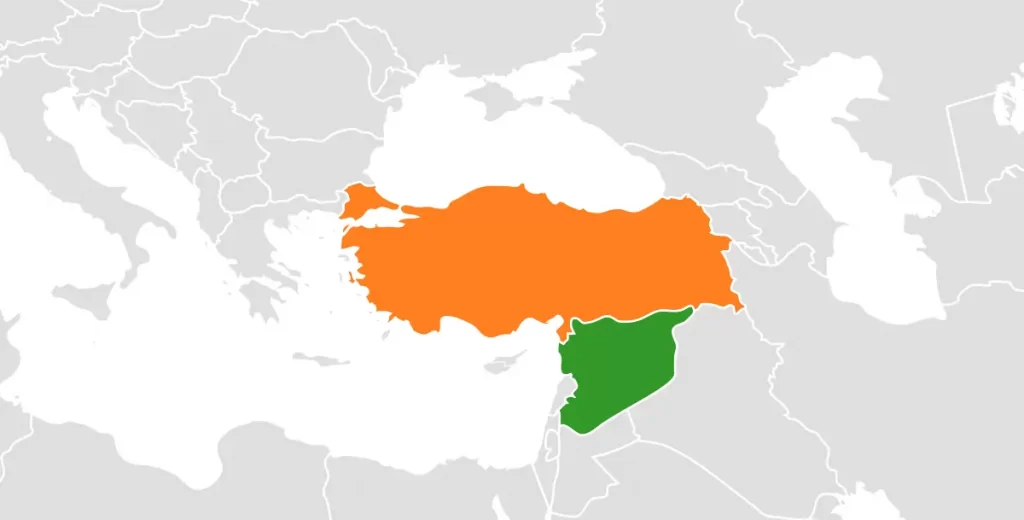Syrian Refugees in Turkey: Integration or Increasing Tensions?
Overview of Syrian Refugees in Turkey
Turkey has hosted millions of Syrian refugees since the onset of the Syrian Civil War in 2011. As of 2024, over 3.6 million registered Syrian refugees reside in Turkey, making it the country with the largest refugee population in the world. The Turkish government has played a critical role in providing these refugees with temporary protection status, allowing them access to health care, education, and some employment opportunities.
However, with such a large refugee presence, questions have arisen about the long-term integration of Syrians into Turkish society. This raises the key question: How is Turkey managing the integration of millions of Syrian refugees, and is public sentiment turning against them?

Turkey’s Response to the Refugee Crisis
Legal Framework and Government Policies
Turkey’s response to the refugee crisis has been marked by a combination of humanitarianism and pragmatism. Under the Temporary Protection Regulation introduced in 2014, Syrian refugees are granted access to public services, including health care and education. Moreover, the Turkish government has worked with international organizations such as the United Nations to provide housing and food aid to refugees.
While these policies are commendable, they also reflect the challenges of managing such a large influx of refugees, which has inevitably placed pressure on Turkey’s infrastructure and economy.
Economic Integration: Opportunities and Challenges
One of the biggest challenges facing Turkey is the economic integration of Syrian refugees. The Turkish government has allowed refugees to obtain work permits in specific sectors, such as agriculture and construction. However, the actual number of Syrians formally employed remains relatively low, leading to concerns about the rise of informal labor markets. This not only results in exploitation but also fuels tensions among local communities, as Turkish citizens may perceive Syrians as competition for jobs.
Public Sentiment: A Shifting Tide?
The Early Years: Sympathy and Solidarity
Initially, public sentiment toward Syrian refugees in Turkey was largely positive. Many Turkish citizens expressed solidarity, particularly given Turkey’s shared historical and cultural ties with its southern neighbor. The government’s rhetoric emphasized Islamic principles of brotherhood and humanitarian aid, encouraging society to welcome refugees.
Current Trends: Rising Tensions
However, as the refugee crisis persists, public opinion has begun to shift. Recent surveys suggest that many Turkish citizens feel that refugees are straining public resources, particularly in urban areas where services like housing, education, and health care are stretched thin. In some cases, misinformation and xenophobia have led to social tensions, particularly in cities like Istanbul and Gaziantep, which host large numbers of refugees.
The combination of economic difficulties, rising unemployment, and growing public discontent has sparked calls for stricter policies on refugees, with some advocating for repatriation or more rigorous limits on Syrian integration into Turkish society.

The Future of Integration: Pathways Forward
Social Cohesion and Policy Solutions
Despite growing tensions, many experts argue that the key to managing the situation of Syrian refugees in Turkey lies in promoting social cohesion and fostering opportunities for integration. Educational initiatives, Turkish language courses, and employment opportunities for Syrians are crucial for their long-term integration into Turkish society. Moreover, policies that emphasize coexistence and combat xenophobia can help reduce tensions between local communities and refugees.
International Support
The international community has a role to play in supporting Turkey’s efforts to manage the refugee crisis. Financial aid from the European Union and other international bodies can alleviate some of the economic pressures on Turkey while ensuring that refugees receive the support they need.
Integration or Increasing Tensions?
As Turkey navigates the complexities of hosting millions of Syrian refugees in Turkey, the balance between integration and growing public tensions remains delicate. While Turkey’s policies have been largely humanitarian, public sentiment is increasingly reflecting the strain of the prolonged crisis. The future will depend on whether Turkey can continue to promote social cohesion while addressing economic and social concerns. Sustainable solutions that benefit both Syrians and Turkish citizens will be essential for ensuring long-term peace and stability.
















